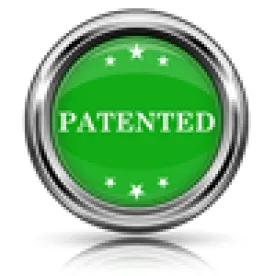Takeaway: A non-infringement position in a district court proceeding is not inconsistent with an argument in a CBM proceeding that claims are invalid under 35 U.S.C. § 101. Therefore, a patent owner is not entitled to routine discovery into a petitioner’s non-infringement positions.
In its Order, the Board denied Patent Owner’s request for authorization to file a motion for “routine discovery” to “require [Petitioner] to produce under seal any litigation documents setting forth Non-Infringing Alternatives and setting forth [Petitioner’s] Non-Infringement positions.” The Board had previously requested that the parties meet and confer to resolve the issue, but the parties were unable to reach an agreement.
Patent Owner argued that Petitioner was obligated to produce this information as “inconsistent” with a position taken in these proceedings because it relates to whether the challenged claims preempt all uses of the abstract idea itself. However, the Board noted that Patent Owner has provided no legal authority for the proposition that an accused infringer who pleads in the alternative that the challenged claims are unpatentable under 35 U.S.C. § 101 is taking an inconsistent position with its non-infringement positions. Therefore, Petitioner’s non-infringement arguments in district court are not inconsistent with its position in the CBM proceeding.
The Board then stated that because this discovery is not routine, it reviewed Patent Owner’s Motion as a request for additional discovery. The Board stated that Patent Owner had not met the first Garmin factor – more than a mere allegation that something useful will be found. The Board cited to Ariosa Diagnostics, Inc. v. Sequenom, Inc., 2015 WL 3634649, at *7 (Fed. Cir. June 12, 2015), for the proposition that the relevance of non-infringing alternatives is minimal to the section 101 issues presented in the CBM proceeding. The Board also found that Patent Owner had not satisfied the fifth prong of the Garmin because its request is overly burdensome by requesting to import the district court infringement case into the CBM proceeding. The Board stated that it does not have the resources to determine whether certain products are in fact “non-infringing alternatives.”
Apple Inc. v. SmartFlash LLC, CBM2015-00028; CBM2015-00029; CBM2015-00031; CBM2015-00032; CBM2015-00033
Paper 22: Order
Dated: July 24, 2015
Patent Nos. 7,334,720 B2; 8,336.772 B2
Before: Jennifer S. Bisk, Rama G. Elluru, Gregg I. Anderson, and Matthew R. Clements
Written by: Elluru



 />i
/>i

